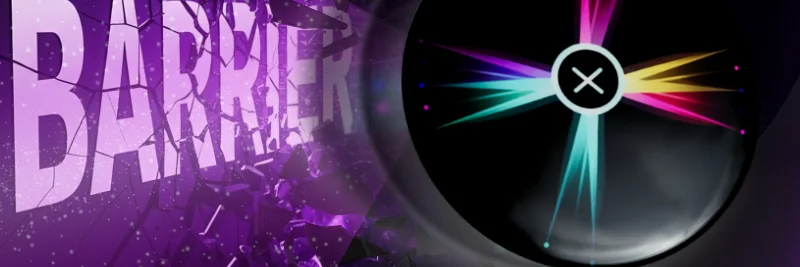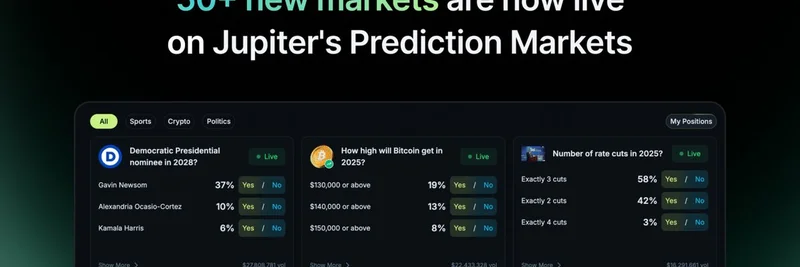In the wild world of crypto, where meme tokens can skyrocket or crash in a heartbeat, a recent scandal involving Story Protocol has everyone talking. If you're not familiar, Story Protocol is a blockchain platform designed to handle intellectual property (IP) rights on-chain, making it easier for creators to license and monetize their work. Their native token, $IP, is currently valued at a staggering $2.67 billion. But a fake Baby Shark IP slip-up has cast a huge shadow over its credibility.
It all started with a token called $PINKFONG, tied to the viral Baby Shark song that's been a massive hit, especially among kids and meme lovers. Pinkfong is the real company behind the tune, but someone created a fraudulent IP claim on Story Protocol pretending to own it. Shockingly, the platform couldn't verify it was fake before the token launched and then dumped 99% in value. That's right—investors got rekt hard, and the protocol's team allegedly deleted evidence of the approval before going radio silent.
This isn't just a minor glitch. Story Protocol boasts partnerships in Korea worth over $100 million, positioning itself as a go-to for serious IP management in blockchain. But if it can't tell real intellectual property from a scam, what's the point? In simple terms, IP verification is like checking IDs at a club—without it, anyone can sneak in and cause chaos. Here, the chaos was a massive token rug pull, where the price plummets after hype builds up.
For meme token enthusiasts, this is a red flag. Meme coins often thrive on cultural icons like Baby Shark, which has spawned countless memes and viral dances. But blending memes with blockchain IP opens the door to fakes. Story Protocol's failure highlights how even "infrastructure" projects can falter on basics, potentially scaring away big players from the space.
Critics on X (formerly Twitter) are piling on. One user pointed out it's like a shark attack on the protocol's rep, while others defend it as proof of demand—scams happen in traditional IP law too. But with $2.67 billion on the line, silence from the team isn't cutting it. Korean partnerships add another layer; they're betting big on this tech, but unverified IPs could lead to legal headaches and lost trust.
As blockchain practitioners, this saga reminds us to DYOR (do your own research) thoroughly. Meme tokens are fun, but when they intersect with IP claims, verify everything. Story Protocol might bounce back if they address this head-on, but for now, it's a cautionary tale in the meme insider community.
If you're diving into meme tokens or IP projects, keep an eye on updates from platforms like Story Protocol and always cross-check claims. The crypto sea is full of sharks—don't get bitten.



